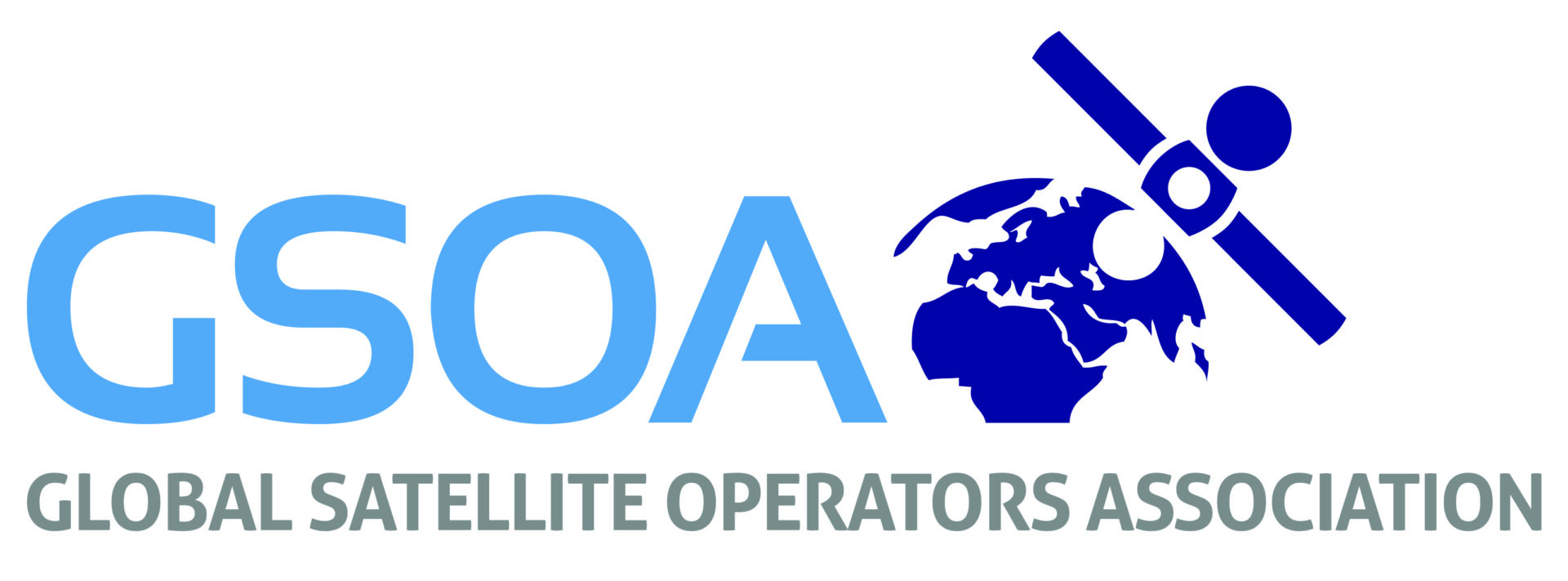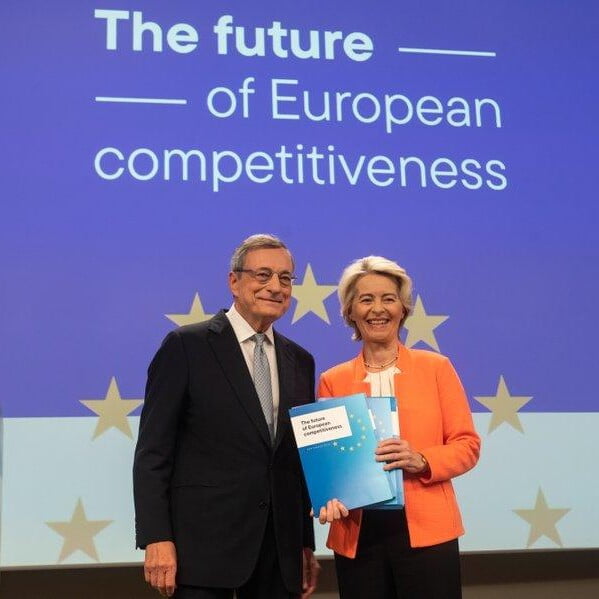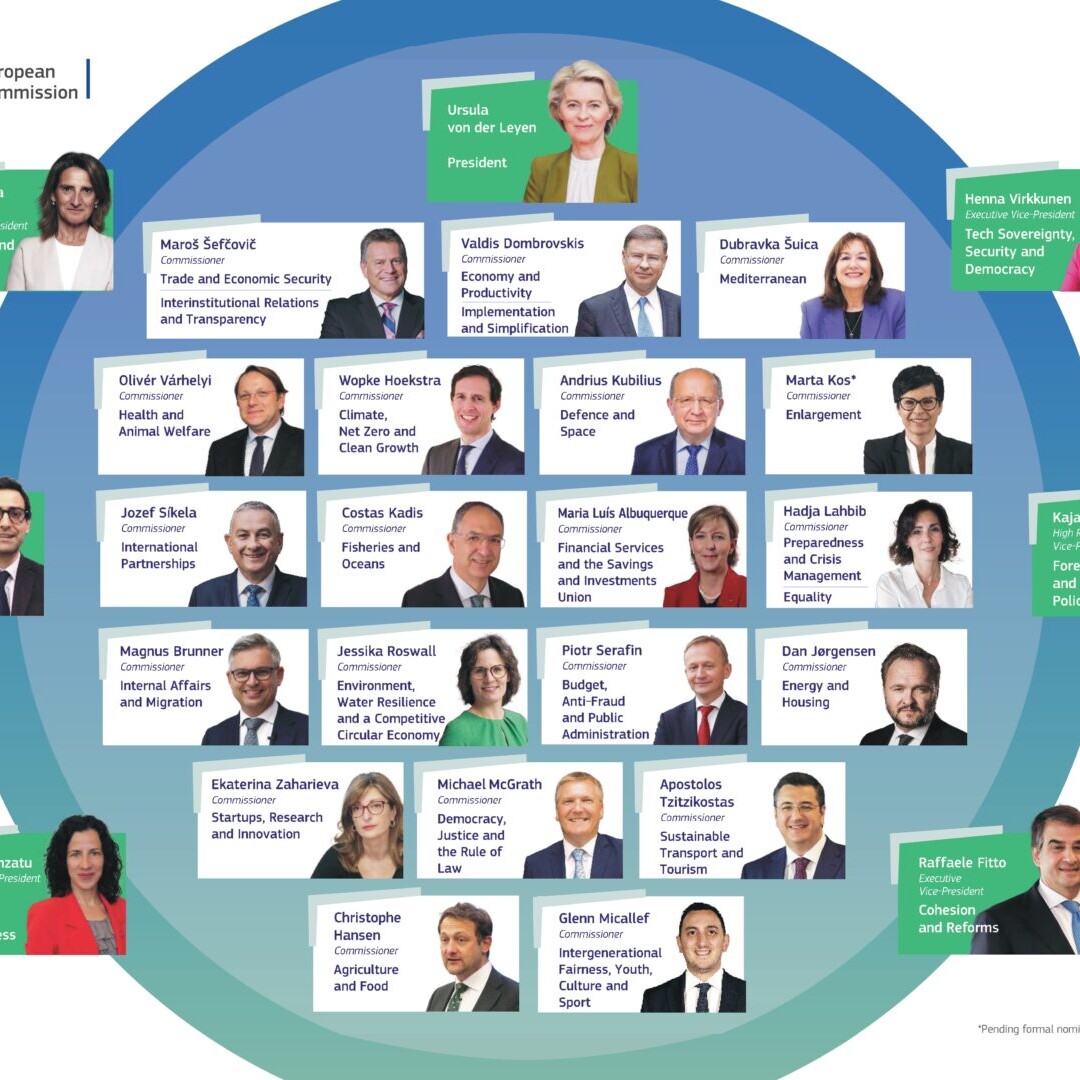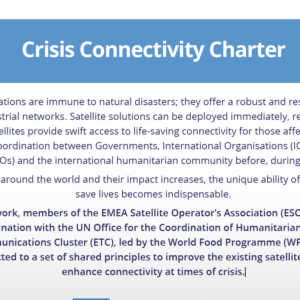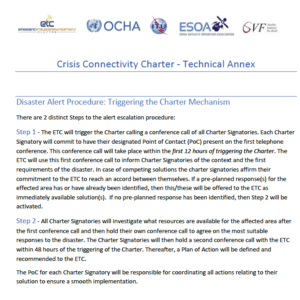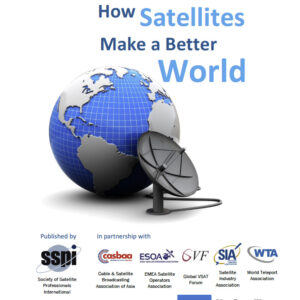Satellite industry & UN to enter operational phase of crisis connectivity charter
The Crisis Connectivity Charter signed by Arabsat, Eutelsat, Global Eagle, Hispasat, Inmarsat, Intelsat, SES, Thuraya and Yahsat, will help the humanitarian community by greatly enhancing their access to vital satellite-based communications when local networks are affected, destroyed or overloaded following disasters.
Under the contribution agreements, the Charter Signatories are now committing satellite equipment and capacity that will be dedicated for humanitarian purposes during emergency responses. The ETC, under the global leadership of WFP, will be able to activate the Charter when disaster strikes and identify which pre-planned solutions are immediately available for any given region and need in order to meet a 24-hour deployment timeline after a crisis.
Satellite services have always played an important role in disaster relief. With the increasing number of protracted, complex emergencies and high demand for bandwidth, the commitments from the global satellite industry are timely and will be critical assets for the humanitarian community. The satellite industry’s contributions will enable Internet access during emergencies to support humanitarian operations including logistics, urgent medical care, food delivery and the coordination of relief efforts.
Since signing the Charter, satellite operators have been active on all continents supporting WFP, governments and NGOs during Hurricanes Irma and Maria, and in Haiti, Nepal and Vanuatu to name just a few. Via satellite they have enabled VOIP, WiFi and Internet Access to support supply logistics, urgent medical care and coordination of relief efforts. The Charter Signatories have also provided training and capacity building for WFP and ETC partners’ field-staff on the installation and use of the satellite equipment to be deployed. Satellite equipment donated will be stored in humanitarian depots located on three continents while pre-allocated bandwidth will cover all regions of the globe.
—
ESOA is the world’s only CEO-driven satellite association and leads a coordinated and impactful response to the global challenges and opportunities the commercial satellite communications sector faces. Established as a non-profit organisation, ESOA has as its objective to promote the common interests of satellite operators. Today ESOA represents the interests of EMEA satellite operators who deliver information communication services across the globe.
GVF is an independent, non-partisan and non-profit organization with 200+ members from every major region of the world. The broad-based membership represents every sector of the satellite industry, including fixed and mobile satellite operators, satellite network operators, teleports, satellite earth station manufacturers, system integrators, value added and enhanced service providers, telecom carriers, consultants, law firms, and users.
UN WFP The United Nations World Food Programme – saving lives in emergencies and changing lives for millions through sustainable development. WFP works in more than 80 countries around the world, feeding people caught in conflict and disasters, and laying the foundations for a better future.
The ETC is a global network of humanitarian, private sector and governmental organisations that work together in disasters to provide vital communications services. The ETC in partnership with leading edge technology companies and local telecom providers, is creating an environment for emergency response which allows humanitarian responders, citizens and governments to have a seamless, resilient and principled communications experience.
Natalia Vicente
Director of Public Affairs & Communications
nvicente@gsoasatellite.com
+32 2 669 4274
